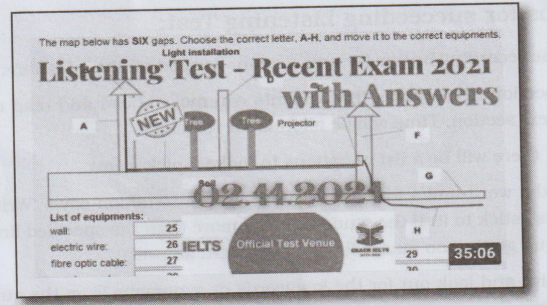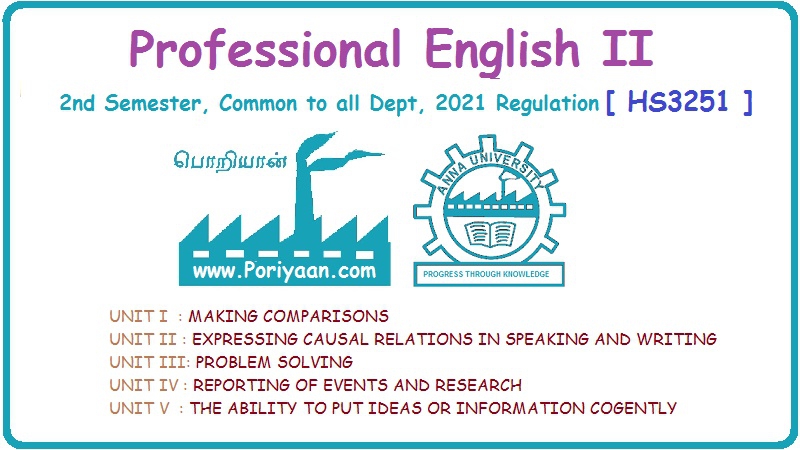Professional English: Listening: UNIT 2
Gap Filling Exercises
Listening | Professional English
Listening and gap filling exercises need extreme focus and attention. Practice is necessary to get acquainted with the British or American accent. Gap filling exercises are compulsory in IELTS and BEC exams.
6. GAP FILLING EXERCISES
Listening
and gap filling exercises need extreme focus and attention. Practice is
necessary to get acquainted with the British or American accent. Gap filling
exercises are compulsory in IELTS and BEC exams. They are asked in listening
test. The following are the titbits and advice for the students to follow:
There
will be four recordings. The students can listen to a recording only once. The
recordings contain a variety of accents by native speakers of English. Listen
carefully before attempting to answer. The recordings contain conversation or
monologue.
1.
Recording 1: The students will listen to a dialogue
placed in daily life and context.
2.
Recording 2: The students will listen to a monologue about everyday life
or social context. For instance, a talk on the condition of streets in an area.
3.
Recording 3: The students will listen to a
conversation between more than two people placed in a training or educational
context. For instance, a teacher discussing an assignment with students.
Recording
4:
The students will listen to a monologue on any academic subject. For instance,
a college lecture.
Helpful Tips for succeeding Listening Test:
1.
Before the recording begins for any section, do read all the questions
carefully.
2.
Once a section is complete, the students can move ahead and read up the
questions for the next section. Time will be allotted for reading.
3.
At times, there will be a list of options to make a pick from.
4.
Do note the word limits for each section. If an instruction says, 'Write no
more than two words', stick to it. If the students write more than the specified
limit, the students may end up getting no marks for the attempted answer.
5.
Be attentive and look out for the key words or synonyms from the question. This
can help identify the answer.
6.
In questions where the students have to write down words spelled out in the
recording, the students need to be well aware of the English alphabets and how
they are pronounced. For instance, the alphabet 'W' is pronounced as
'double-u').
7.
Listen carefully for words indicating the stage of the recording the students
are listening to, e.g. 'firstly', 'my next point', 'to sum up'. These words
help identify which question the students have reached.
8.
While listening to a recording, the students can keep crossing out the options
that do not fit. It makes it easier to find the right option.
9.
If the students have to mention dates in any answer, remember there are various
correct ways to do so (e.g. April 24, 24th April and 24 April - all are
correct).
10.
If the students face trouble in answering any question, leave it and move on.
Don't waste time on it and end up panicking. If the students have time left in
the end, come back to it later.
11.
If the students are taking IELTS on paper, the students are given 10 minutes to
transfer the student's answers from the Listening booklet to the student's
answer sheet once the last recording is over. It is best to wait till the
recordings end to transfer the responses to the answer sheet (and not in
between sections) as the students may end up missing some important information
about the test's next section.
Do
note, the students do not have an extra 10-minute transfer time in case of
IELTS on computer.
To
be better prepared, the students can also download the range of other important
official IDP Education IELTS preparation tools that we have for the students.
Example 11
Listen
to the following video and fill in the gaps:
IELTS
LISTENING ACTUAL TEST WITH ANSWERS | 04.08.2021

correct
equipments. Light installation
https://www.youtube.com/watch?v=7CoyF5cNGOc
Exercise
I.
IELTS LISTENING ACTUAL TEST 2022 WITH ANSWERS | 11.02.2022
Professional English: Listening: UNIT 2 : Tag: : Listening | Professional English - Gap Filling Exercises
Related Topics
Related Subjects
Professional English II
HS3251 2nd Semester 2021 Regulation | 2nd Semester Common to all Dept 2021 Regulation
